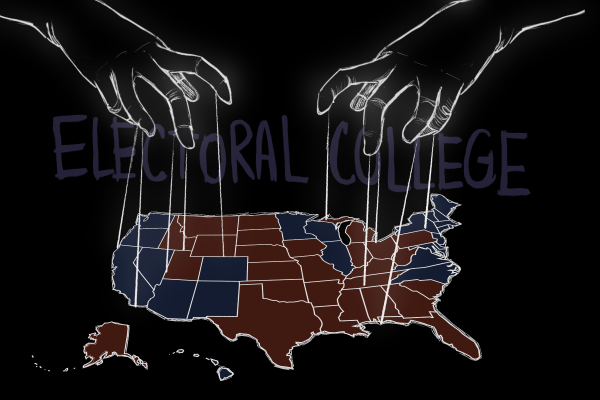Health Care is a Human Right
A couple years ago, I had a brief stint in the emergency room of the Philadelphia children’s hospital. It wasn’t anything serious; they sent me on my way after a while with a dose of antibiotic and an Elmo band-aid (not my idea) on my arm.
But what was staggering, when it arrived in the mail a few days later, was the cost. It was around fifty thousand dollars for a few hours in the ER. Yes, my condition at the time warranted a few extra blood tests and cultures, but that doesn’t make the bill any less outrageous.
Fortunately, we had insurance that agreed to pay for it. But what if we hadn’t had such good coverage? I’m lucky enough to belong to a family that has been financially secure for my entire life. Our medical and insurance-related experiences are not representative of the majority of the American people.
Say a woman working as a coal miner has a daughter who’s just been diagnosed with cancer. The treatment has weakened her immune system. When flu season rolls around, she contracts a potentially life-threatening viral infection.
According to PayScale.com, the average salary of a coal miner is around $50,000 a year—the same as my ER bill. If the miner’s insurance plan won’t cover the cost of an ER visit, or if she doesn’t have health insurance at all, she will have to choose between her entire year’s earnings and saving her daughter’s life. No one should have to make that choice.
A common, annoying counterargument I often hear from fiscal conservatives is that healthcare is a privilege that must be earned through hard work, that the successful can enjoy that privilege because they have worked hard for every cent of their riches. If impoverished and middle-class Americans want access to healthcare, they say, they should work harder and make more money.
From a moral perspective, I believe that’s just plain selfish and dispassionate. But, more importantly, there are good deal of practical problems with the conservative ideology. If someone is born into poverty, not guaranteed decent health insurance, unable to pay for it themselves, and, thus, forced to pay out of pocket for any medical expenses (which are unusually high in the United States), how on Earth will they be able to make any money year after year?
It doesn’t matter how hard they work. It is impossible to climb the socioeconomic ladder if their massive (and necessary) healthcare costs keep pulling you down.
Another common conservative argument is that our American medicine provides much higher quality care than the socialized systems of European nations like France and Britain. This is largely true, as I understand it. But what good is a high-quality healthcare system if it only benefits a tiny percentage of the population? I would take decent healthcare for everyone over fantastic healthcare for the one percent any day.
I want to make one last point on the moral side of this debate. Most of us generally accept that everyone should be able to reap the benefits of the courts, fire safety, police force, and public education and that we, as members of society, have a responsibility to support those fundamental institutions with our tax dollars.
Why does healthcare not belong on that list? Is a person’s mental and physical health not equally, if not more, essential to their ability to succeed in life?
I do not think anyone should be able to live comfortably without working hard. Hard work should be the only qualifier for success. But healthcare is about life and death. Leave it out of the “hard work” debate and question whether you want to deny someone the right to live a healthy life.
For this and more great articles by columnist Duncan O. Glew, visit his blog, State of the Glewnion: A Political Journal by Duncan Glew.












